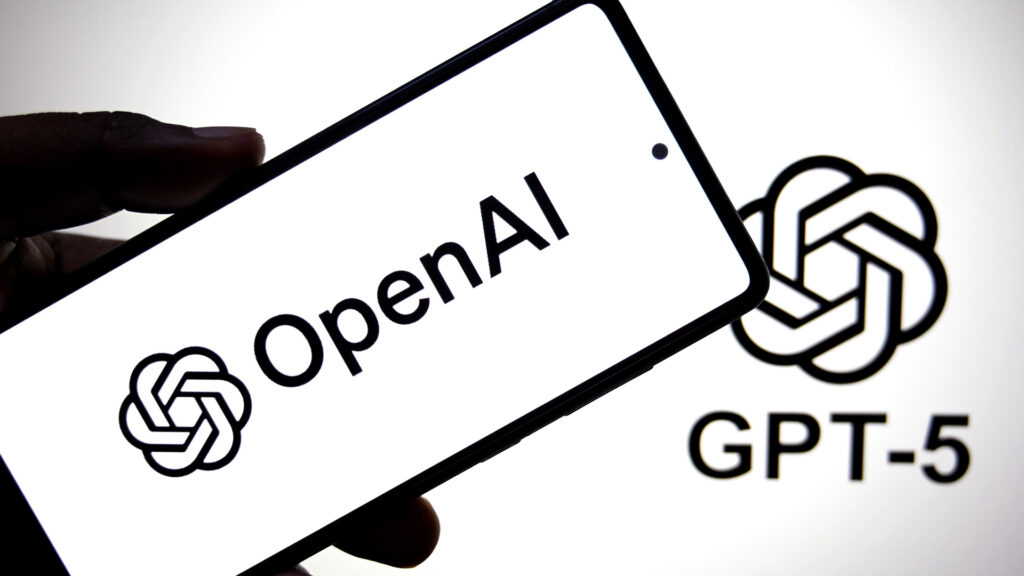When GPT-5 backlash erupted after OpenAI quietly replaced its popular GPT-4o model, the company faced a surprising wave of user frustration. For many, it wasn’t just about losing a model it was about losing a trusted digital companion. Now, OpenAI says it won’t remove old models without giving users a clear heads up.
According to Nick Turley, OpenAI’s head of ChatGPT, the decision to remove GPT-4o immediately after GPT-5’s release was a mistake. In retrospect, not continuing to offer 4o, at least in the interim, was a miss, Turley admitted in an interview with The Verge.
The GPT-5 backlash was fueled by more than just resistance to change. Many users had grown attached to GPT-4o’s conversational style, speed, and warmth. It wasn’t simply a tool it felt like a familiar voice in their daily lives. This emotional connection shows that AI models can develop personalities that users grow to trust.
The Human Side of AI
AI researcher Dr. Emily Rhodes says the GPT-5 backlash highlights a deeper truth: When people spend hours interacting with an AI, they develop a kind of pseudo relationship. Replacing that abruptly can feel like losing a friend.
Tech analyst Jason Chu agrees, adding that in the competitive AI landscape, user trust is fragile. Once users feel their preferences are ignored, they may explore other platforms. OpenAI’s quick policy shift shows they understand the risk.
Consider the case of Marcus Lane, a content creator who relied on GPT-4o for daily writing assistance. Marcus found GPT-5 impressive in reasoning, but less human in tone. It felt sharper, but colder, he said. With GPT-4o, I could write articles faster because it understood my style without me overexplaining.
When it vanished overnight, I lost productivity. This real world example reinforces why the GPT-5 backlash gained momentum users weren’t rejecting better technology they were mourning the loss of a familiar experience.
OpenAI’s New Policy: More Transparency
Following the backlash, OpenAI announced it will no longer remove older models without warning. This means users will get time to adjust and test new versions before losing access to the old ones.
CEO Sam Altman also hinted at upcoming improvements, noting that GPT-5 will soon incorporate more of GPT-4o’s warmth while being less annoying to most users. This acknowledgment signals that user sentiment is shaping AI evolution as much as technical advancements.
As someone who’s used AI daily for research, writing, and brainstorming, I felt the shift from GPT-4o to GPT-5 immediately. GPT-5’s advanced reasoning was undeniable, but in the early days, it felt slightly rigid compared to GPT-4o’s free flowing conversation style. It’s like upgrading to a faster car that handles well but doesn’t have the comfortable seat you were used to.
This aligns with what psychologists call the endowment effect people value what they already have more than what’s new, even if the new thing is technically superior.
Balancing Innovation and Stability
The GPT-5 backlash reveals a core tension in AI development. New models bring better reasoning, accuracy, and safety features. People want improvements without losing familiar traits they value.
OpenAI’s approach moving forward will likely mirror how software companies handle updates, phased rollouts, opt-in testing, and gradual retirements of old versions. This ensures innovation without alienating users who rely on existing features.
Lessons for the AI Industry
Sudden changes erode trust. Users want to be part of the transition process. AI is as much about emotional connection as it is about logic. Even as models evolve, keeping elements of their personality can ease transitions.
Competitors like Anthropic and Google DeepMind are closely watching this situation. If they can combine cutting-edge performance with user friendly consistency, they could gain ground.
Will GPT-5 Win Back Everyone?
The GPT-5 backlash may prove to be a short term hurdle if OpenAI successfully reintroduces the warmth of GPT-4o into its flagship model. As Turley mentioned, this blend of empathy and intelligence could create the best of both worlds keeping innovation alive while honoring user attachment.
For now, OpenAI’s willingness to listen is a positive sign. AI models will keep changing, but the way companies handle those changes will determine who earns long term trust in an increasingly crowded market.

